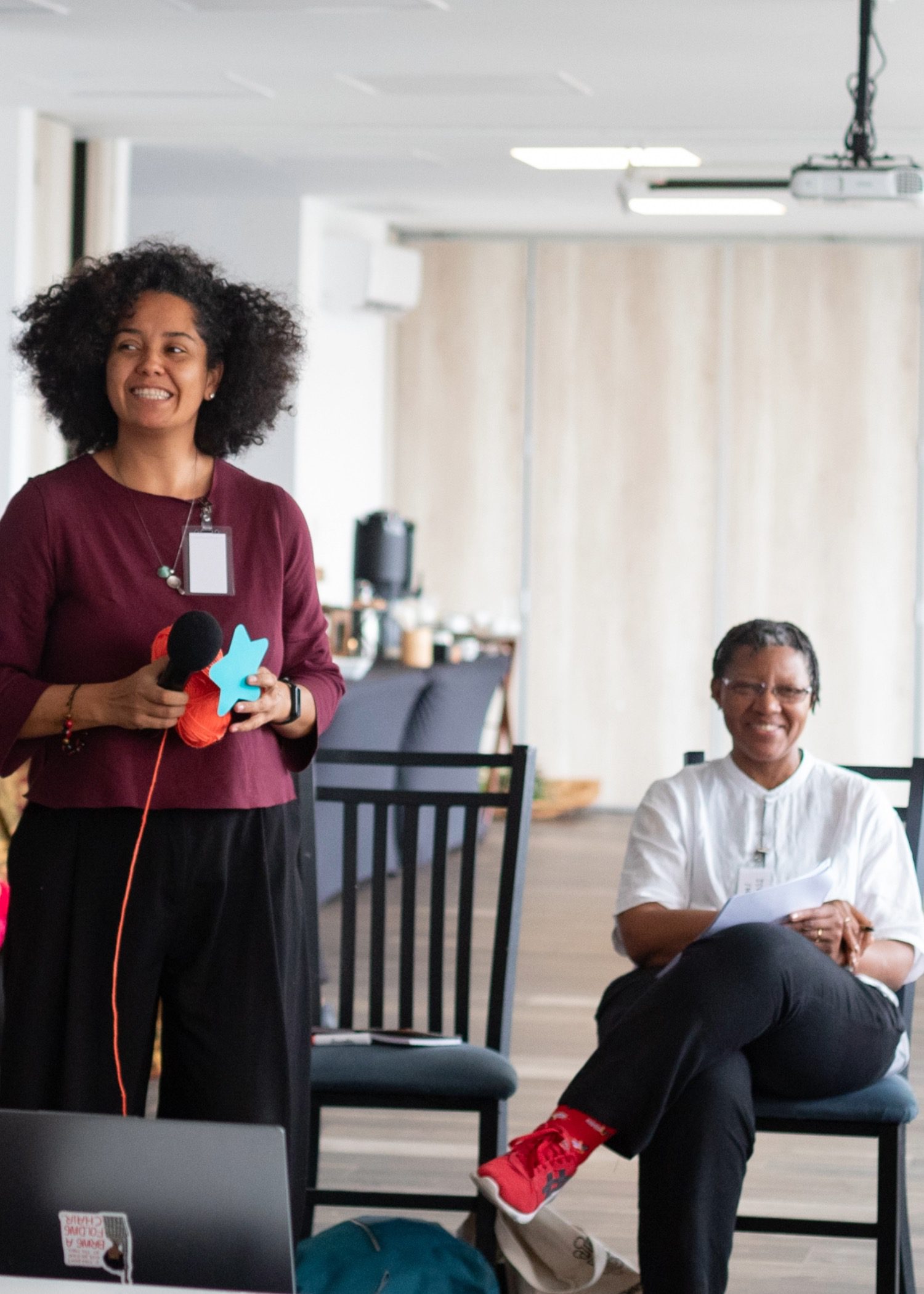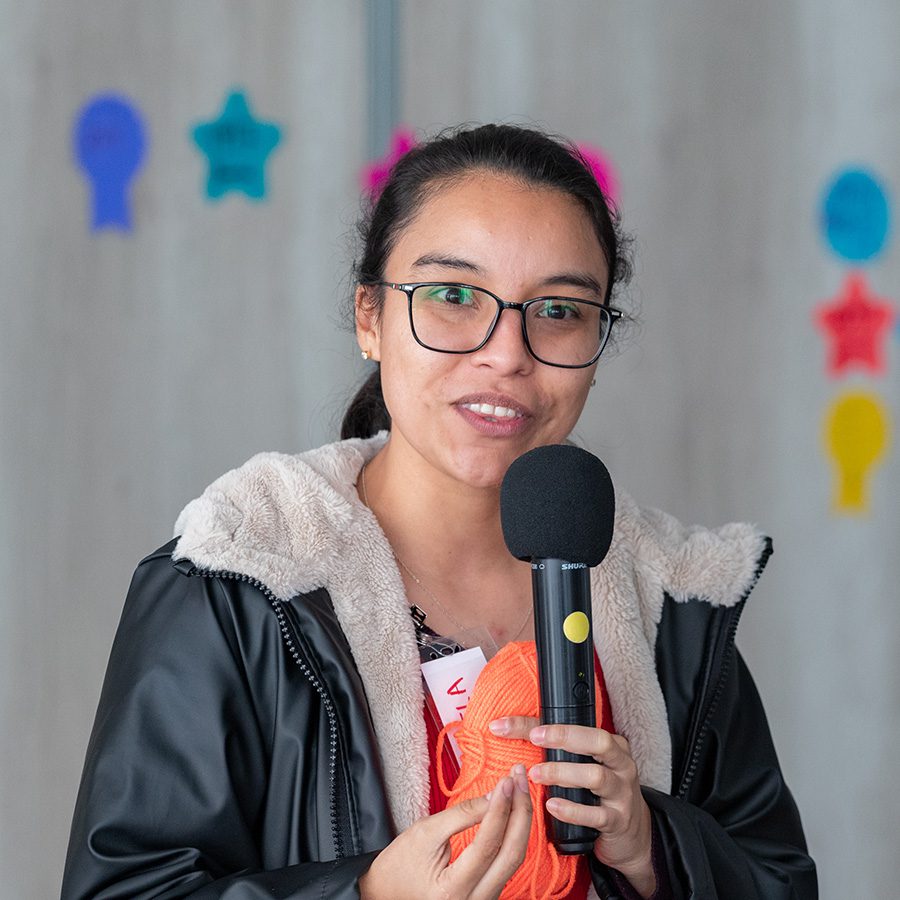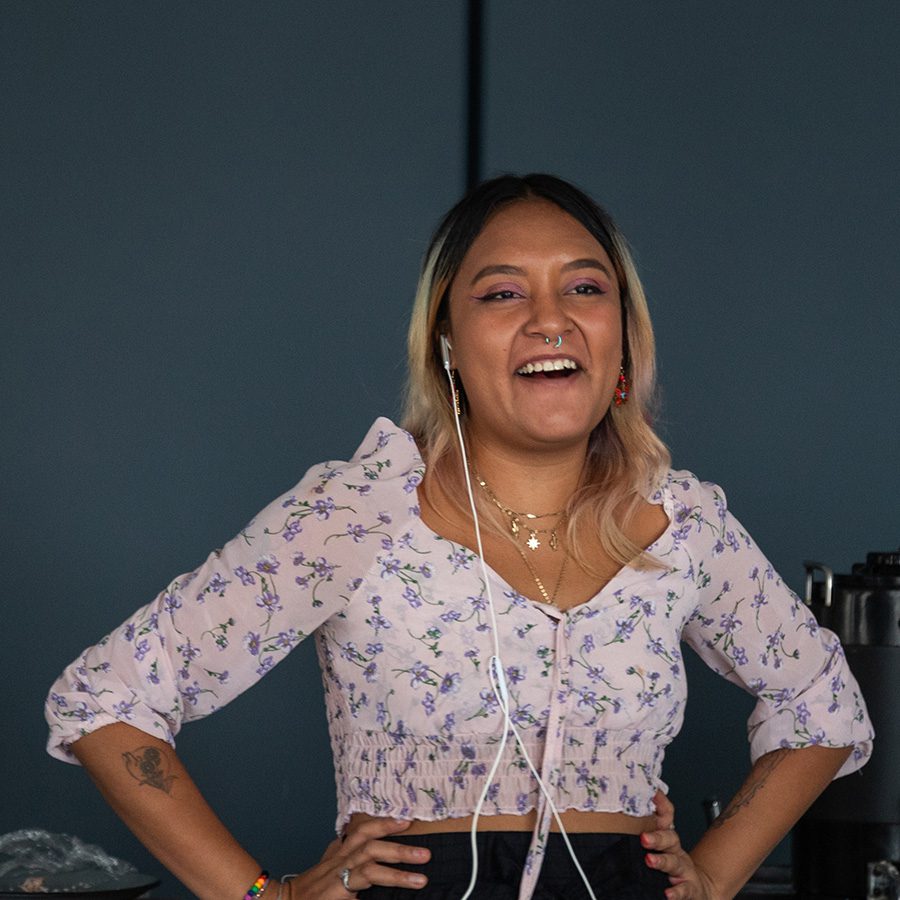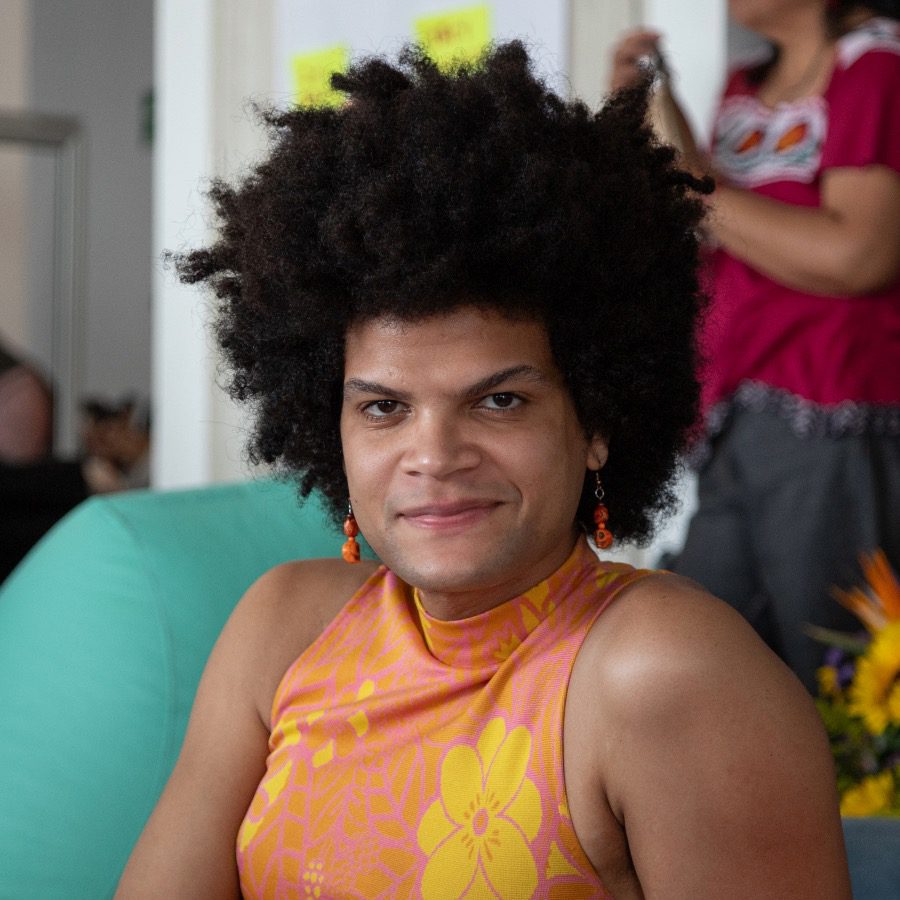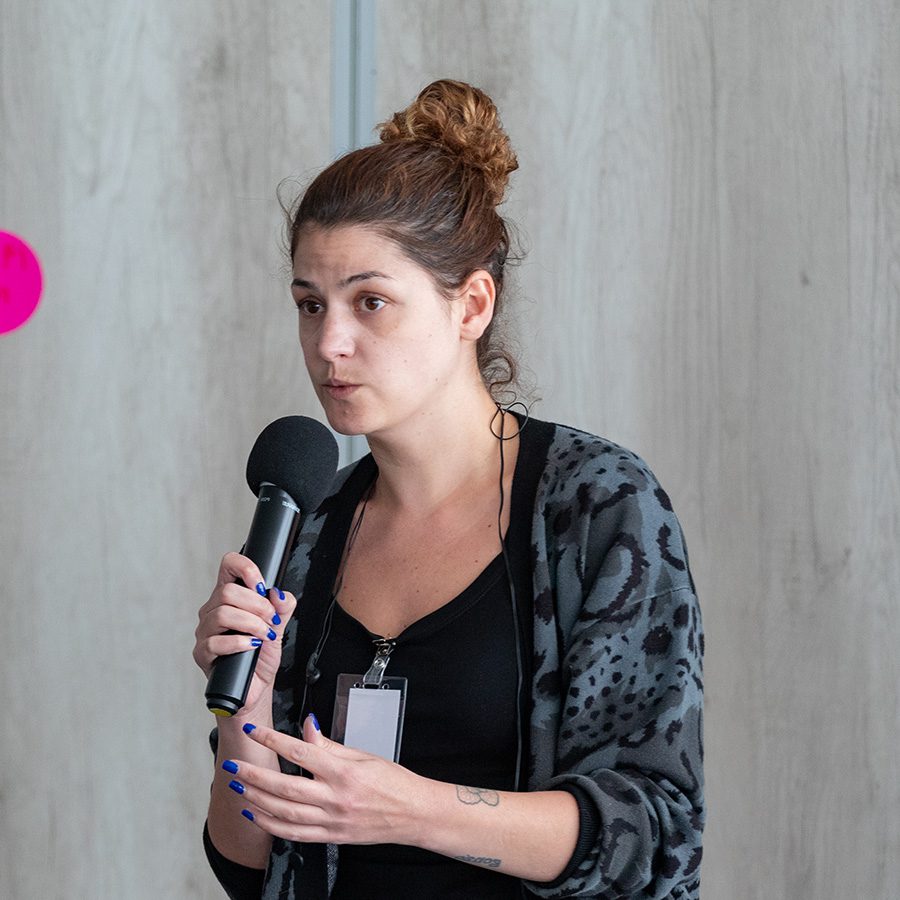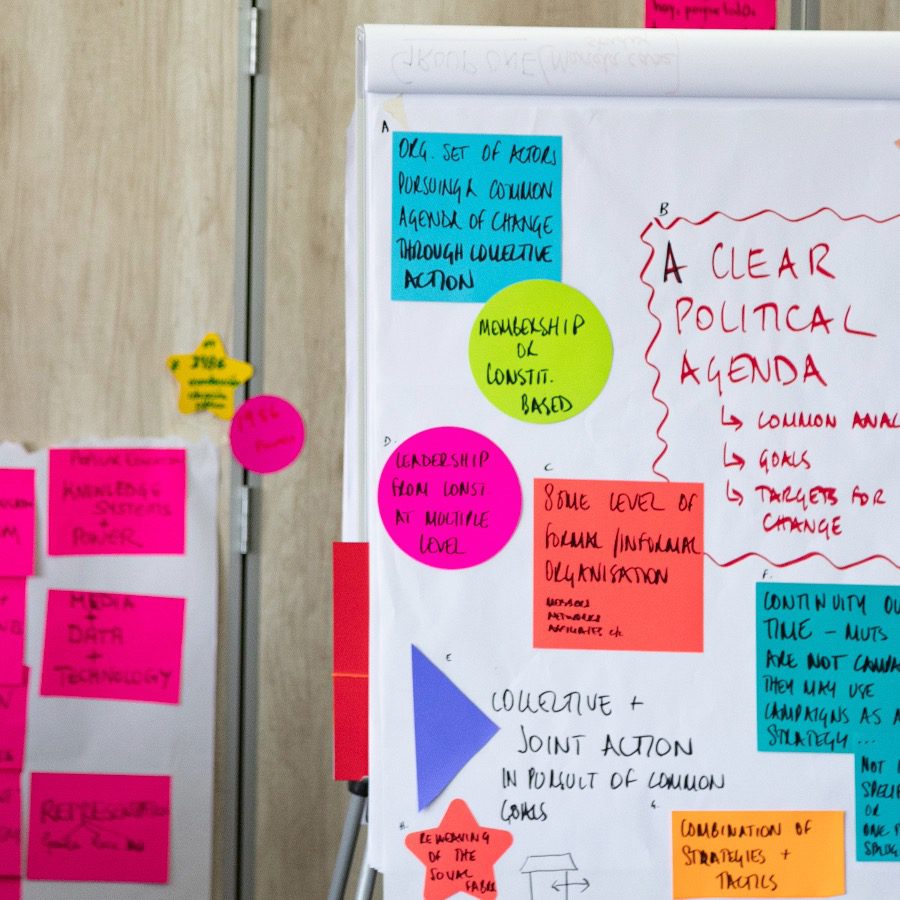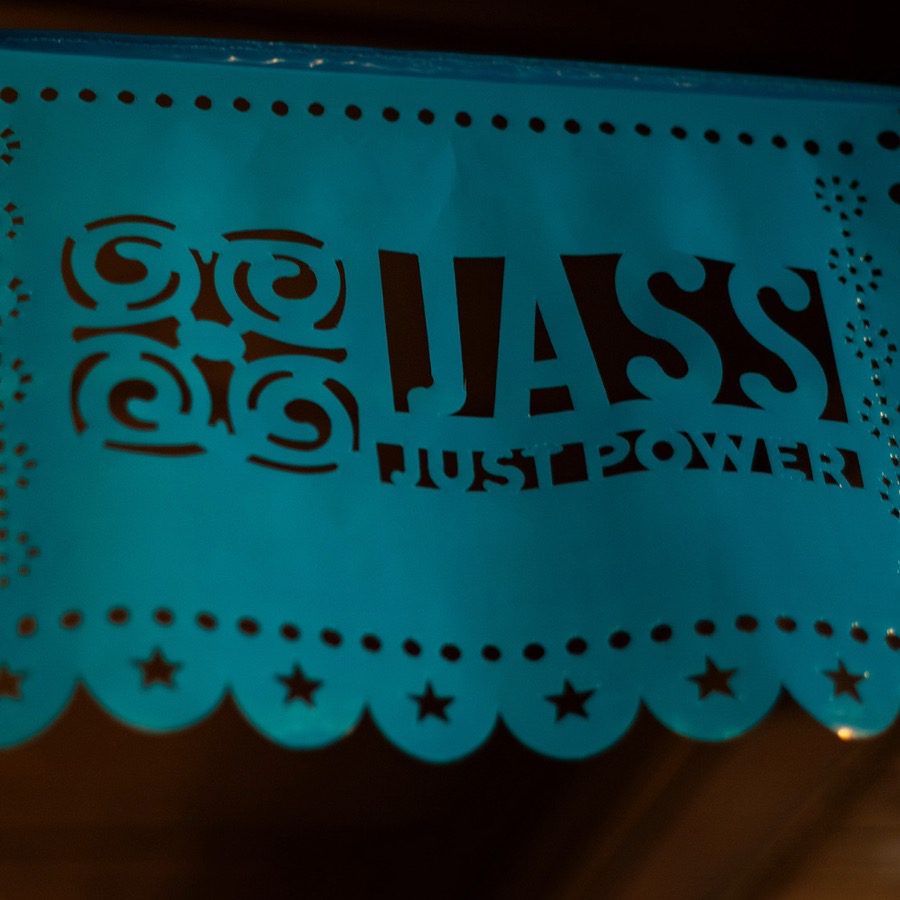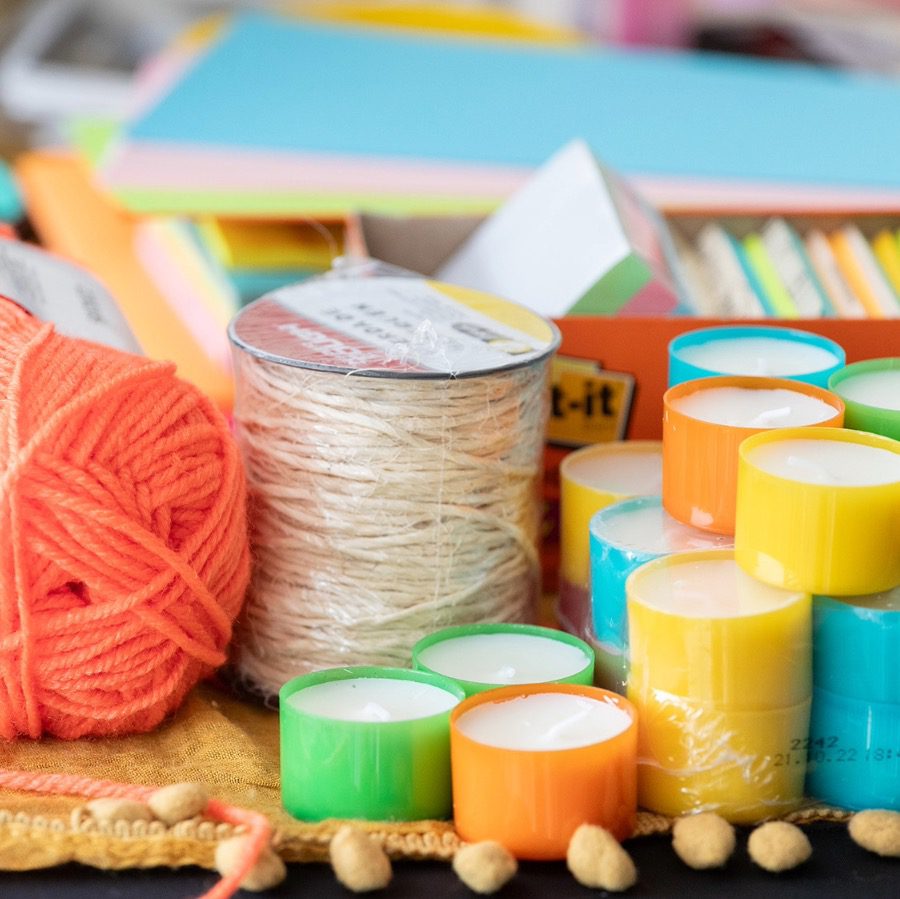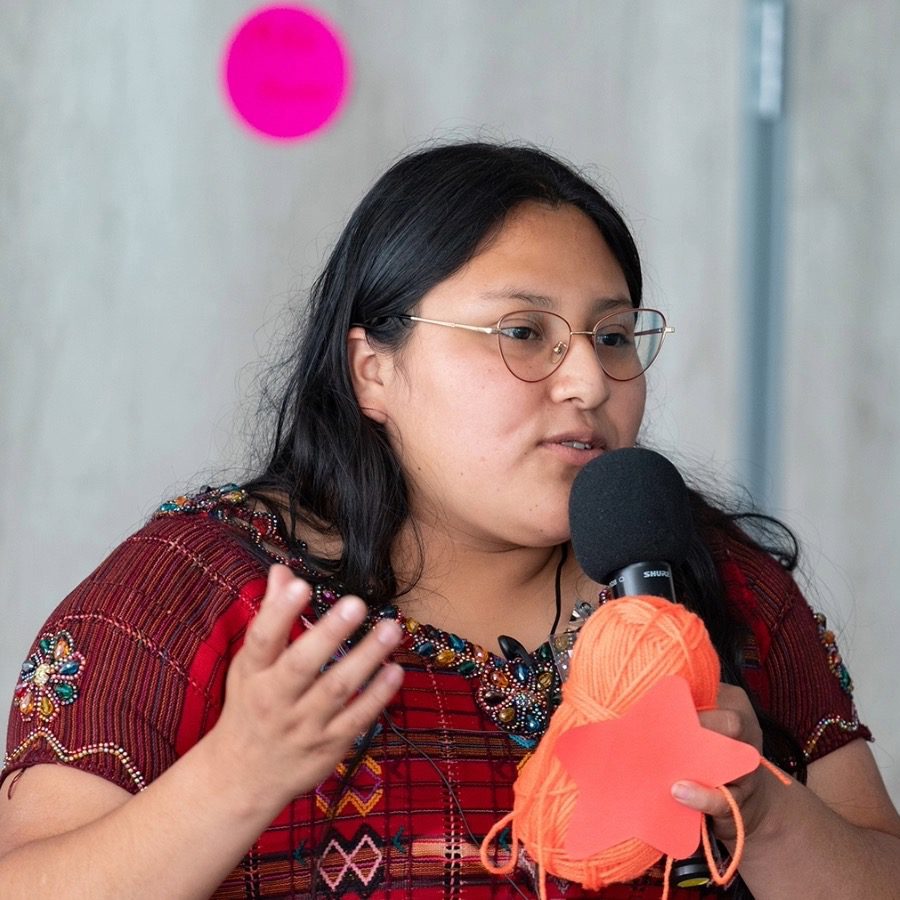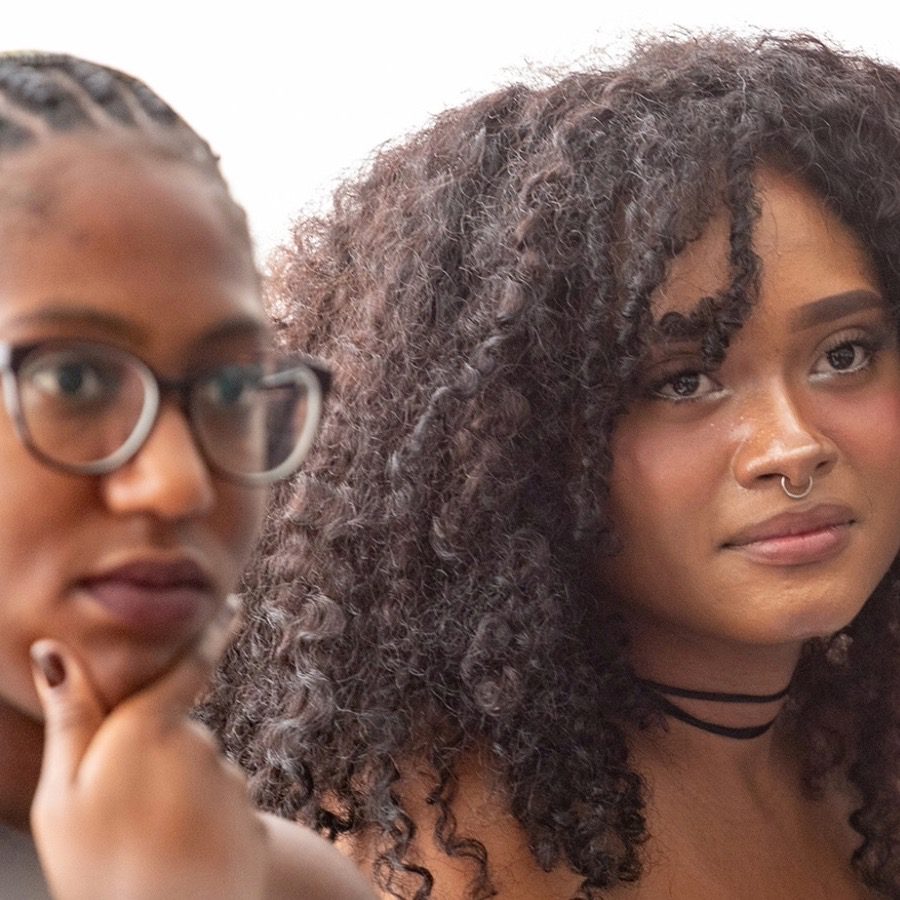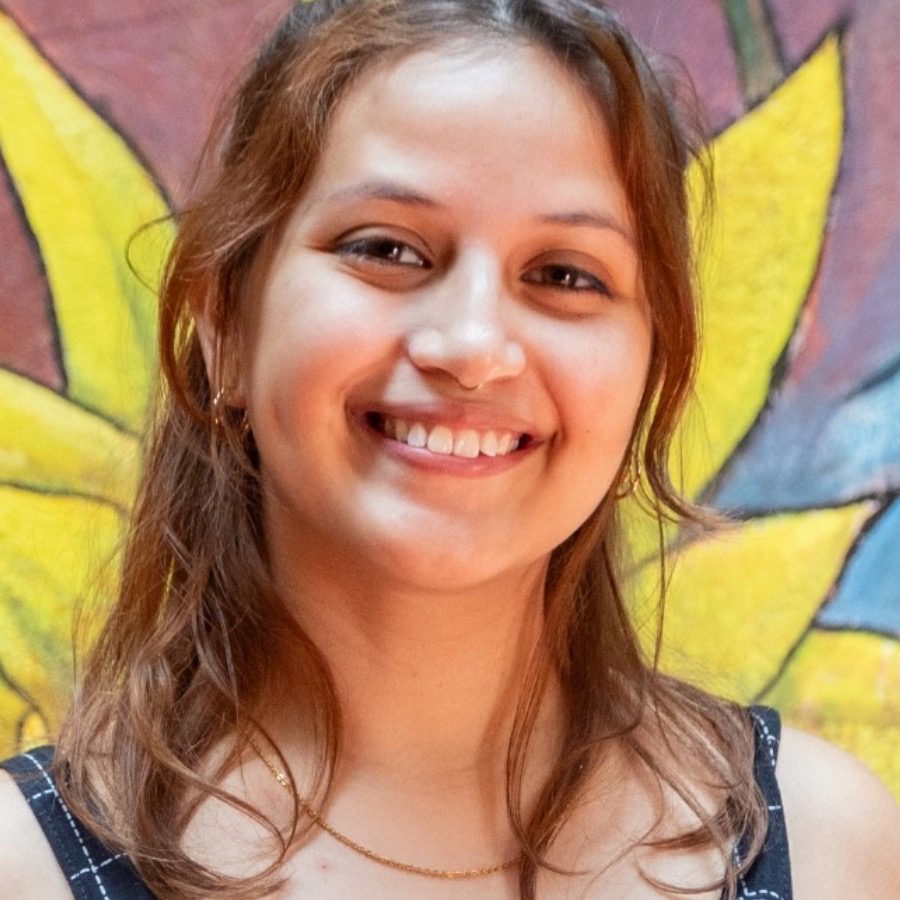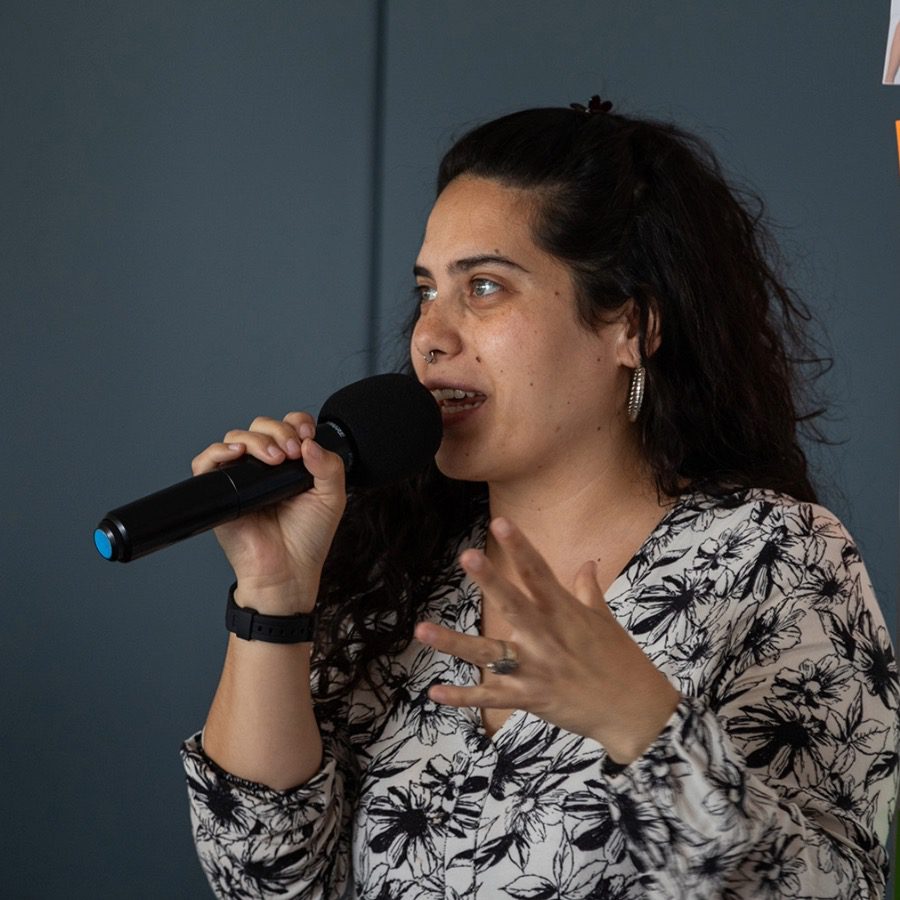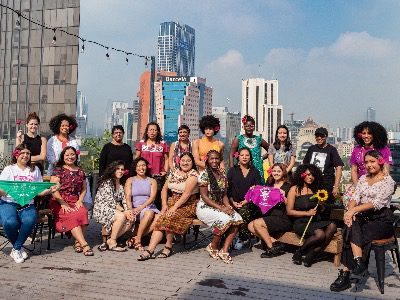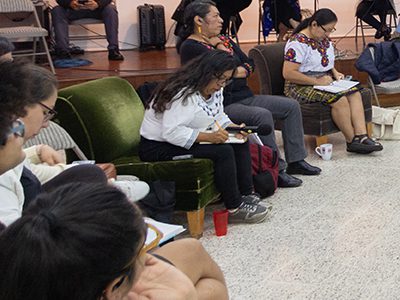Racial Justice
The moment calls for transnational solutions
Building transnational solidarity and organizing are imperative if we want to radically shift power and transform the world.
Why a school on racial justice?
In September, JASS teamed up with the Feminist Centre for Racial Justice (FCRJ) at SOAS, University of London to host a feminist movement building school focused on racial and gender justice, with the recognition that this is an integral part of feminist movement organizing. The school created a much needed political space aimed at cracking open a critical conversation on anti-Blackness and anti-Indigeneity in the Latin and Mesoamerican region.
There is racism in education, in textbooks, in how history is taught. Racism is there from the time they start educating you.
— participant at the Feminist Movement Building School
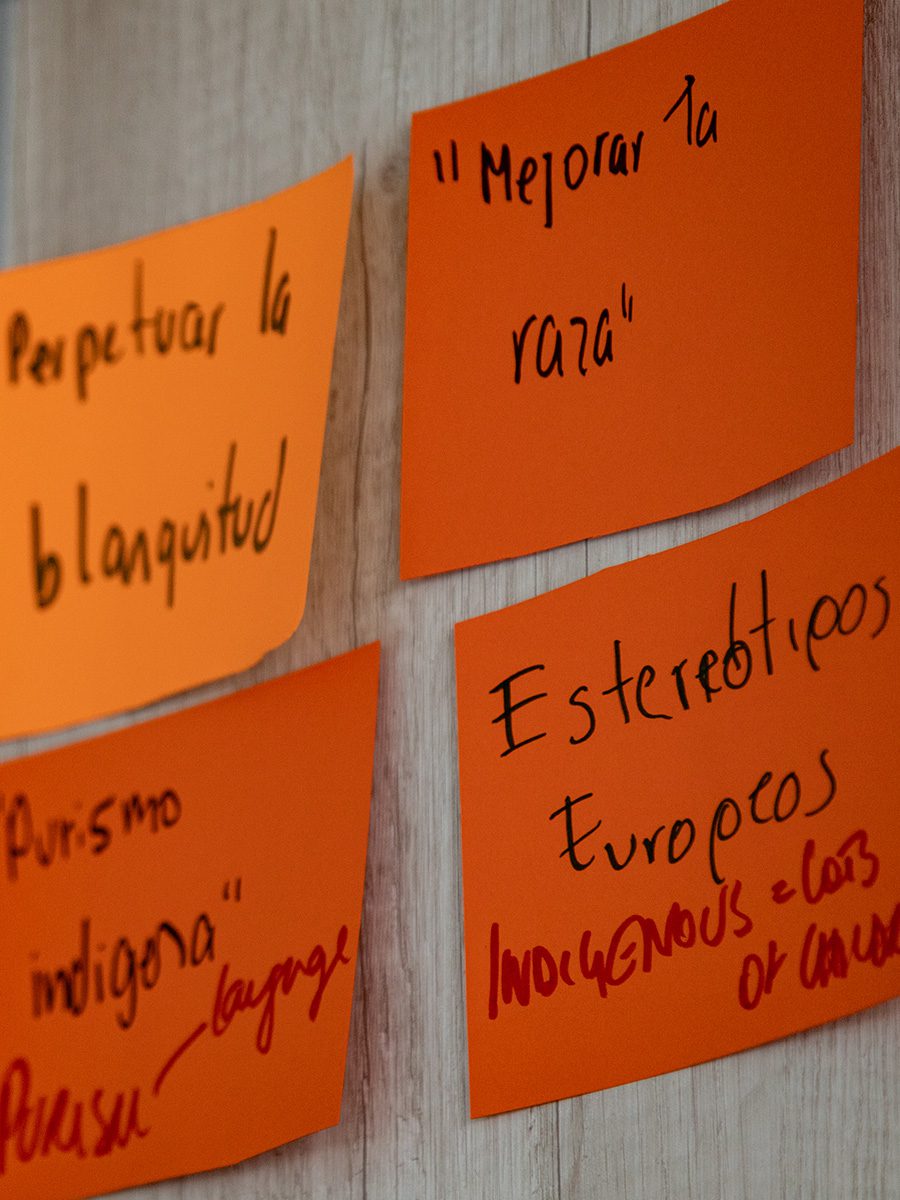
The school was firmly rooted in an understanding of the intricate interplay between the resurgence of anti-gender movements and the racialized narratives that dictate who belongs, who is excluded, and how they experience exclusion. This transnational convergence of actors are actively mobilizing resources and actions to oppose comprehensive sexuality education, bodily autonomy (including abortion rights), as well as the rights of queer and trans people. Recognizing the interconnected nature of these struggles, the school was purposefully crafted to examine the role of transnational solidarity, praxis, and scholarship at the intersection of racial and gender justice at this pivotal global moment.
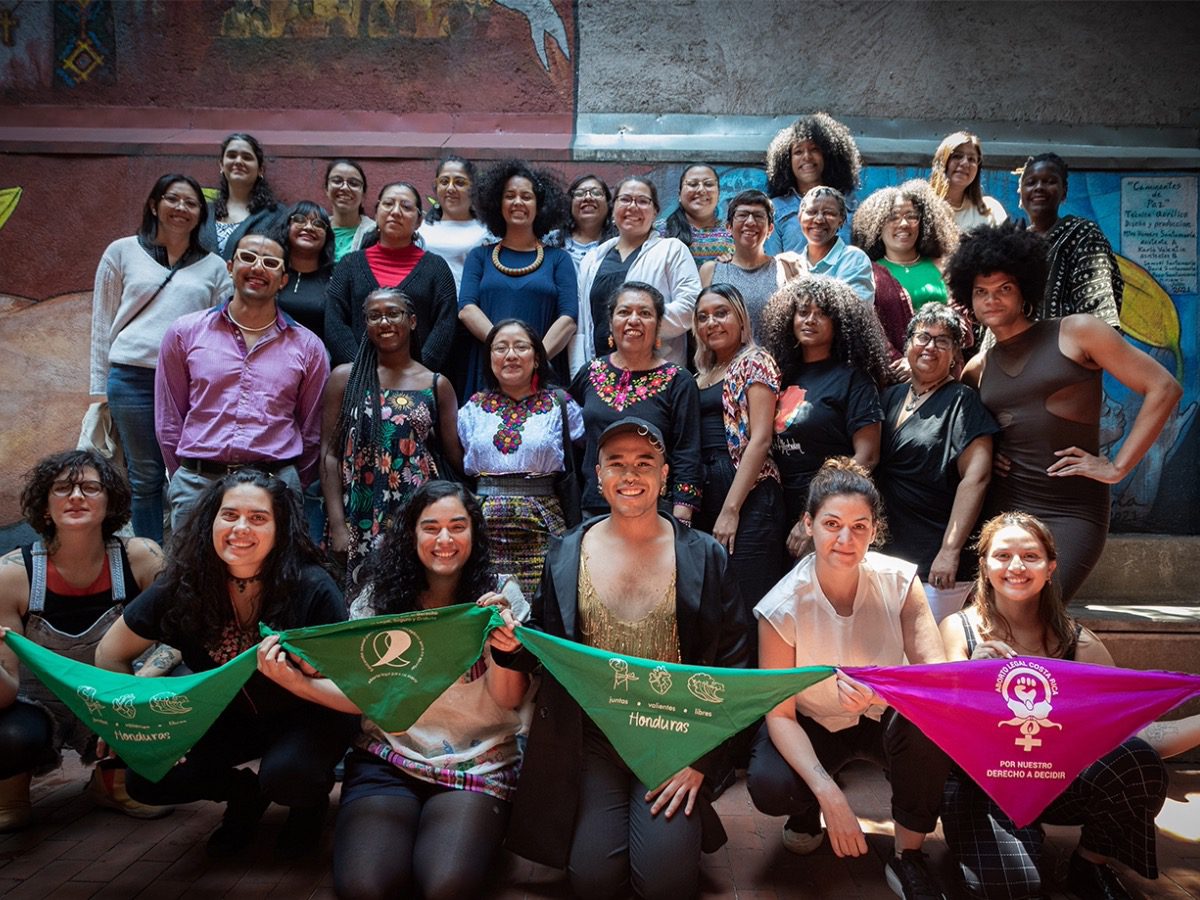
The Regional Movement-Building School was a dynamic place in which to think about, analyze, and build international solidarity.
— participant at the Feminist Movement Building School
The gathering brought together 15 social movement activists from across Latin America and Mesoamerica organizing at the intersection of feminist, queer, anti-Black, and Indigenous struggles. Through the FMBS, participants examined racial justice through an anti-capitalist, feminist lens to generate collective analysis and knowledge across their diverse contexts. This initiative laid the foundation for building a transnational vision, forging solidarity, and organizing for racial justice.

The Space
Using a combination of grounded feminist theories and a feminist popular education approach, JASS and FCRJ deliberately developed an inclusive space for inquiry and reflection, fostering solidarity and trust among participants. Many participants found this environment to be a rare and special one, where they could authentically bring their “full” selves and open up without fear of judgment. Others valued what Mesoamerica sisters refer to as “critica amorosa,” the practice of constructively challenging each other with love to deepen connection and understanding.
In their own words
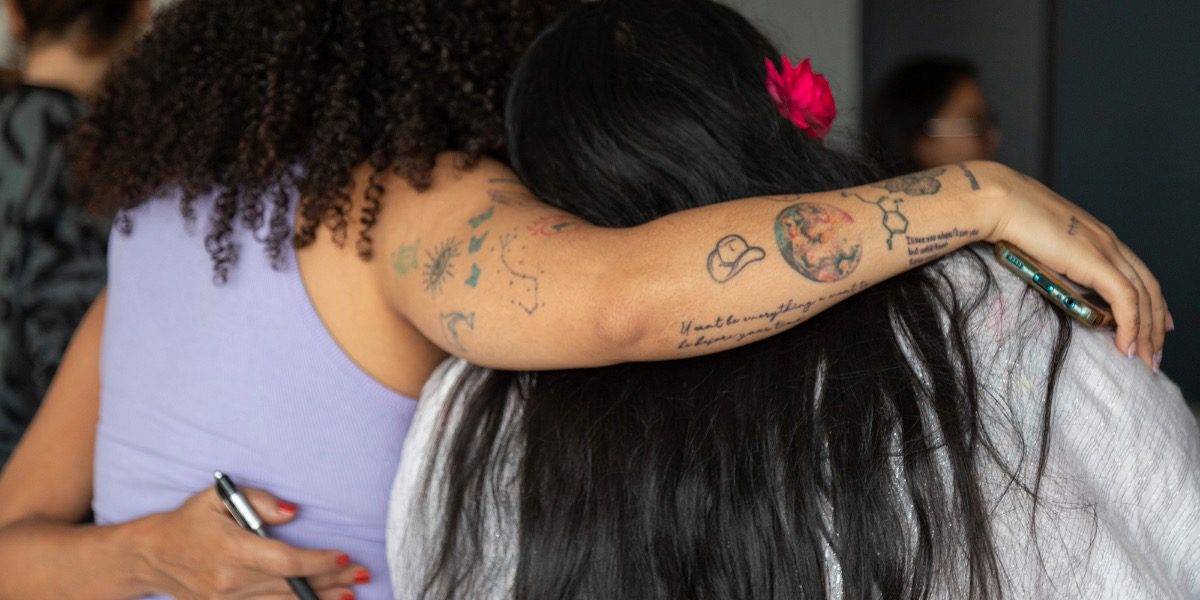
I didn’t expect to find a space where I felt safe and heard. I feared that it would be just another academic space, but it turned out to be the perfect connection of how social movements can be articulated with research from a feminist, anti-racist and anti-capitalist perspective.
In addition to learning, being able to undergo change in a safe (and very beautiful!) space helped me see and feel activism with different eyes. We have had some very intense and difficult debates, but, above all, I have felt safe here and able to share vulnerabilities and exercise the capacity and desire for collective construction.
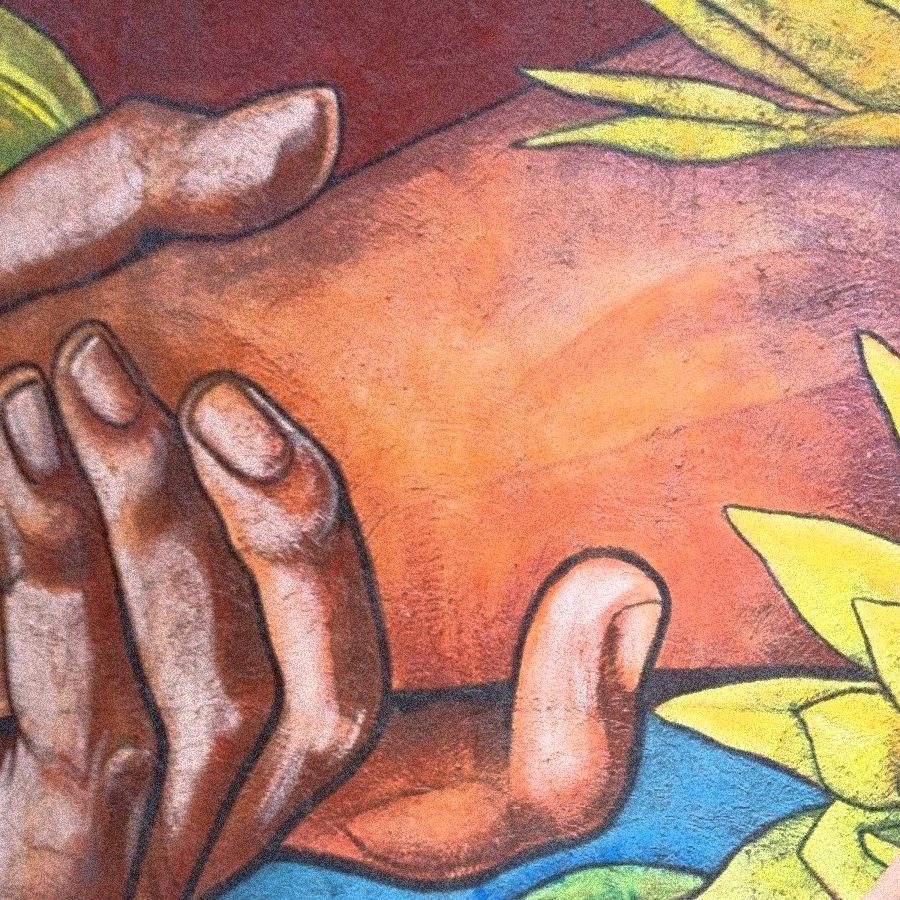
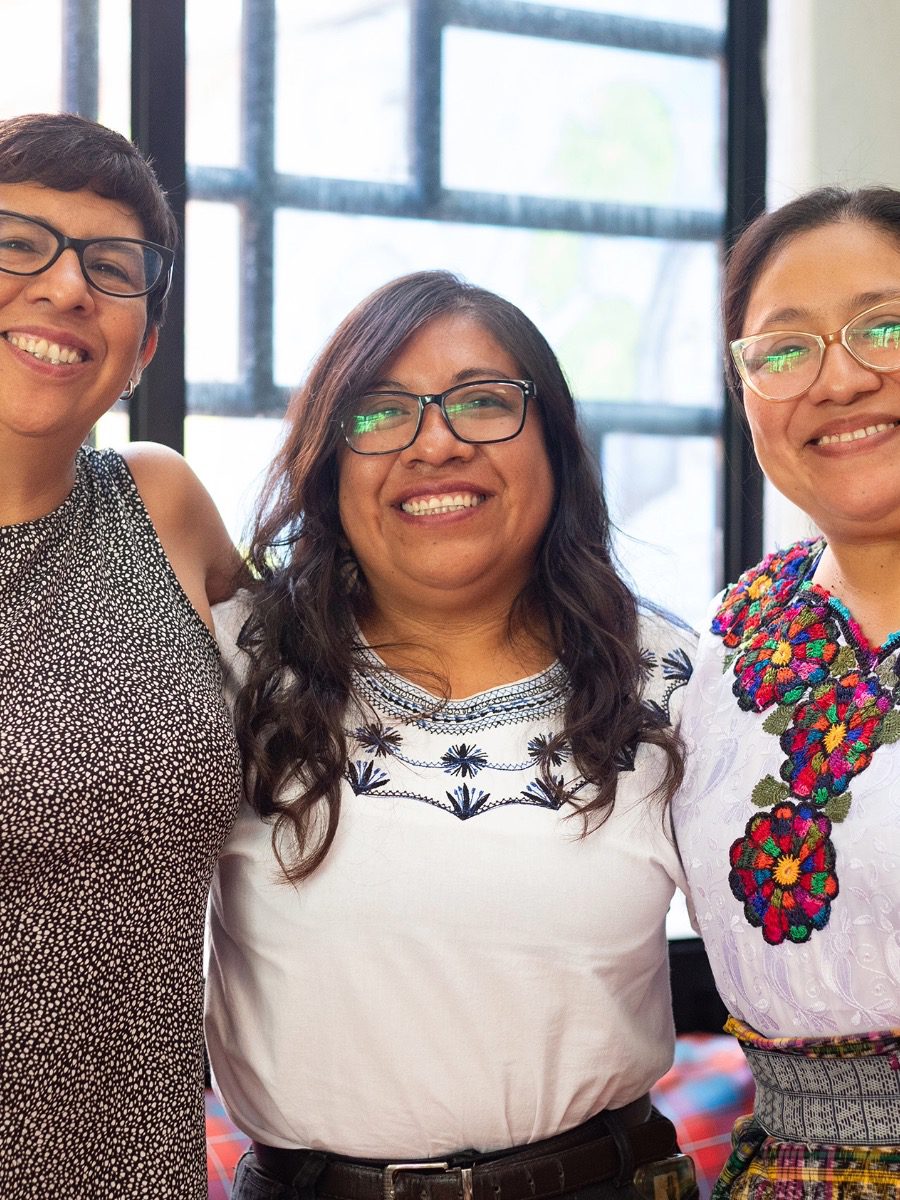
Instead of receiving a negative reaction or feeling excluded, I experienced a treatment full of love, tenderness and affection. This response was truly revolutionary and consistent with the principles we profess, especially considering the realities faced by black trans women. It was a powerful reminder of the importance of creating inclusive and welcoming spaces, where all voices are valued and respected.
In all the spaces I usually occupy, I’ve often encountered hostility and violence, largely because I hold a position of privilege that’s often perceived in a very narrow and one-dimensional manner. However, in this particular environment, I felt a profound sense of validation. Here, my uniqueness, the many facets of my identity, and my knowledge were not only acknowledged but celebrated. A welcoming space was created where my voice could flourish, and for that, I am immensely grateful. Thank you, a thousand times over.
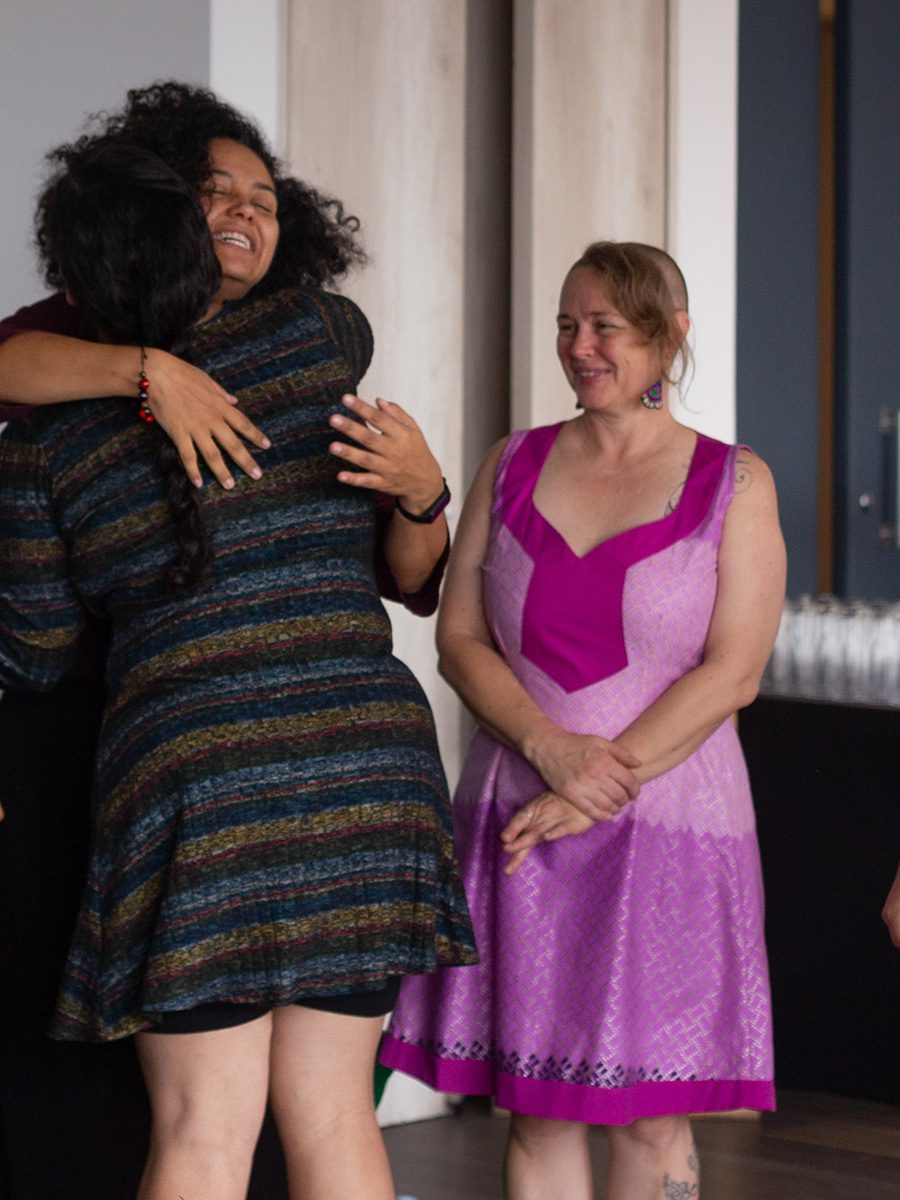
The Methodology
The school applied participatory methodologies, including JASS’ power analysis framework. Participants delved into complex concepts, including feminism and intersectionality, to explore the foundational themes of the school, which were centered on the growing trend of anti-Blackness and anti-gender movements.
In their own words
The resources that have been most useful to me over the last five days are, without a doubt, the participatory methodologies. In particular, the methodology of the house of the [oppressions] has been exceptionally valuable. These methodologies encourage active participation and reflective dialogue, which has significantly enriched my understanding of the dynamics of oppression and how to address them.
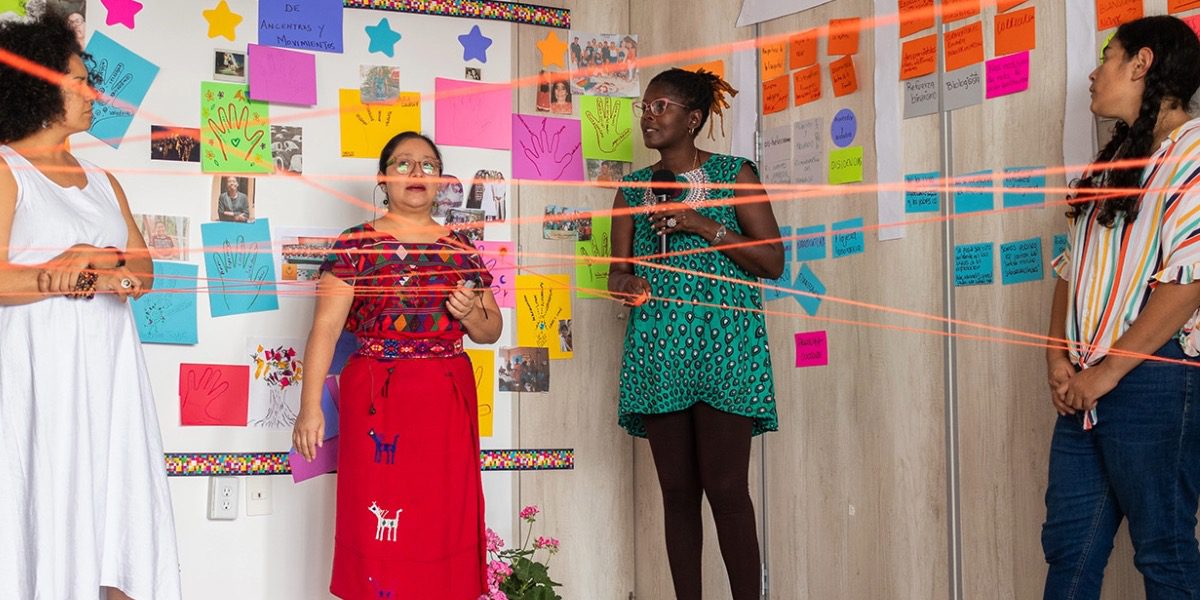
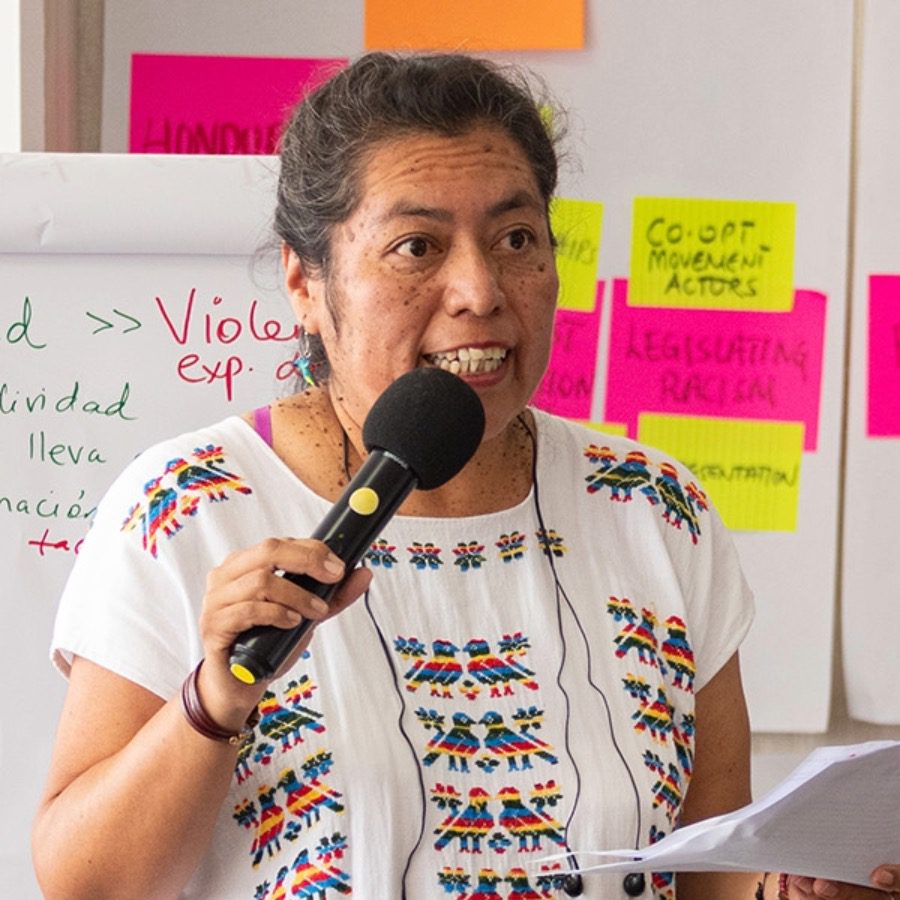
What I take back to my organization and my country is how to recognize this House [of Multiple Oppressions) and fight against anti-Blackness and anti-Indigeneity. Latinos have a hard time recognizing where we come from, our roots. We have to go from discourse to action and try to shake this House.
The methodology was very successful allowing the construction of a common ground, so that we could deepen the collective analysis, even though each participant brought a diversity of repertoire. The sequence of each activity/dynamic enabled trust, and knowledge exchange and building based on each participant’s contribution in relation to the shared content.
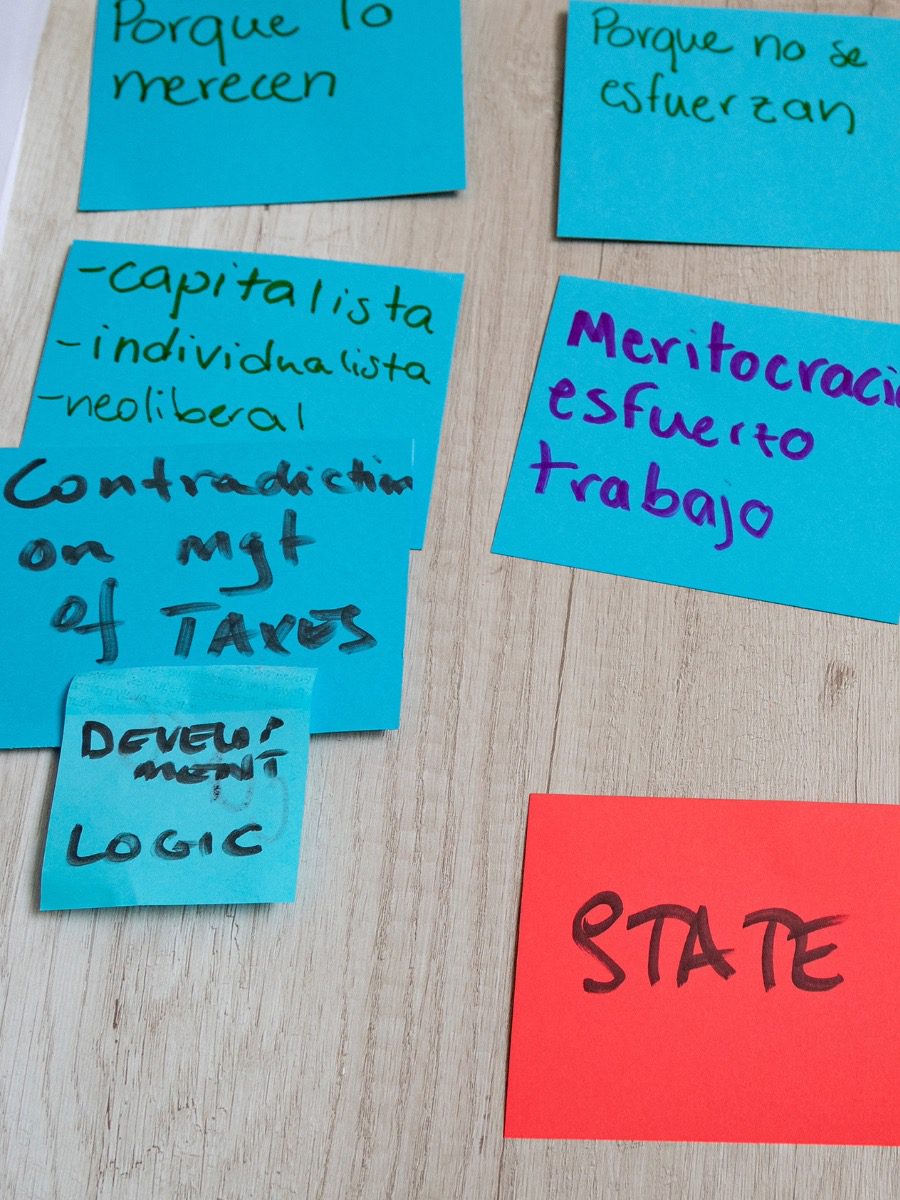
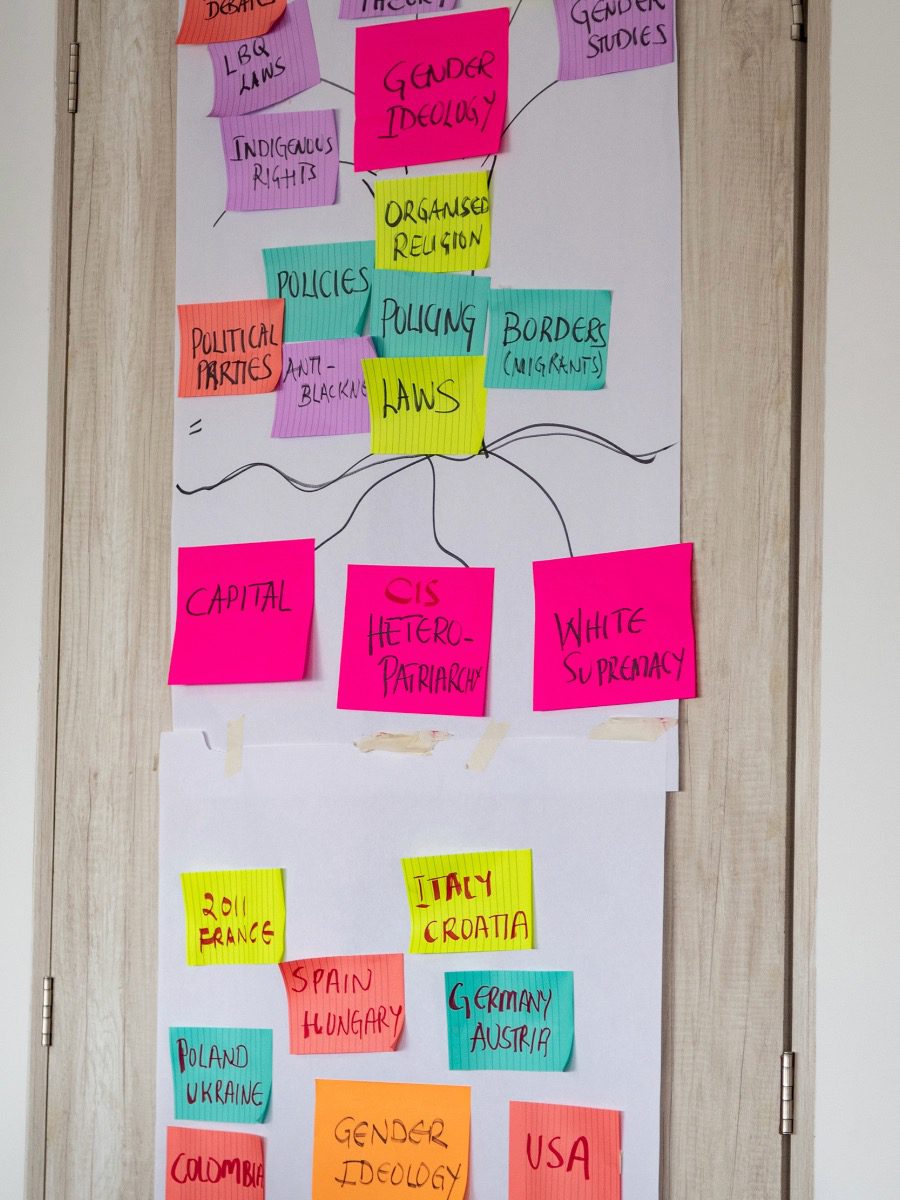
There is a kind of fragmentation in our struggles, everyone fights for something separate. I dream and want to build spaces of deep reflection to organize against colonialism with affection and love. Rage is necessary, but it is necessary for that rage to be accompanied by love. There is a kind of fragmentation in our struggles, everyone fights for something separate.
The Takeaways
The school provided an opportunity to co-create a methodological approach that explores racial justice from a transnational perspective. This pilot offers valuable insights that will inform further development and refinement in the future.
Participants left the space feeling inspired and ready to apply what they learned in their organizations and communities. Many expressed a strong desire to maintain contact with their fellow participants, sowing seeds of collaboration and solidarity.
In their own words
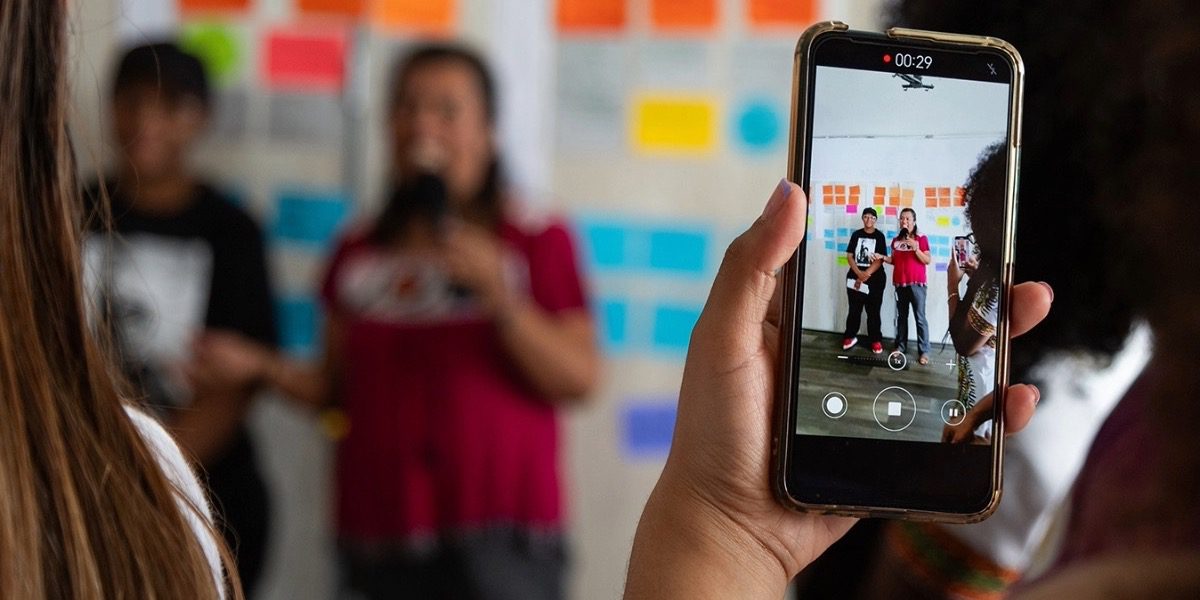
This experience, this journey of reflection, has confirmed my dream of conducting anti-racist, feminist, anti-capitalist and decolonial research that can provide answers and new perspectives to some of the questions we debated throughout the term.
I would very much like to be able to reproduce critical spaces with anti-racist, de-Eurocentric and anti-patriarchal approaches in my activism and localities spaces with other racialized, trans and sexual dissident people. I would like to build transitional dialogues and regional schools that build bridges among those who resist. I would like to bet on processes to build theory from our experiences and daily knowledge. I would like to think outside the box with regard to our different ways of life. I want to replicate more schools and critical spaces.
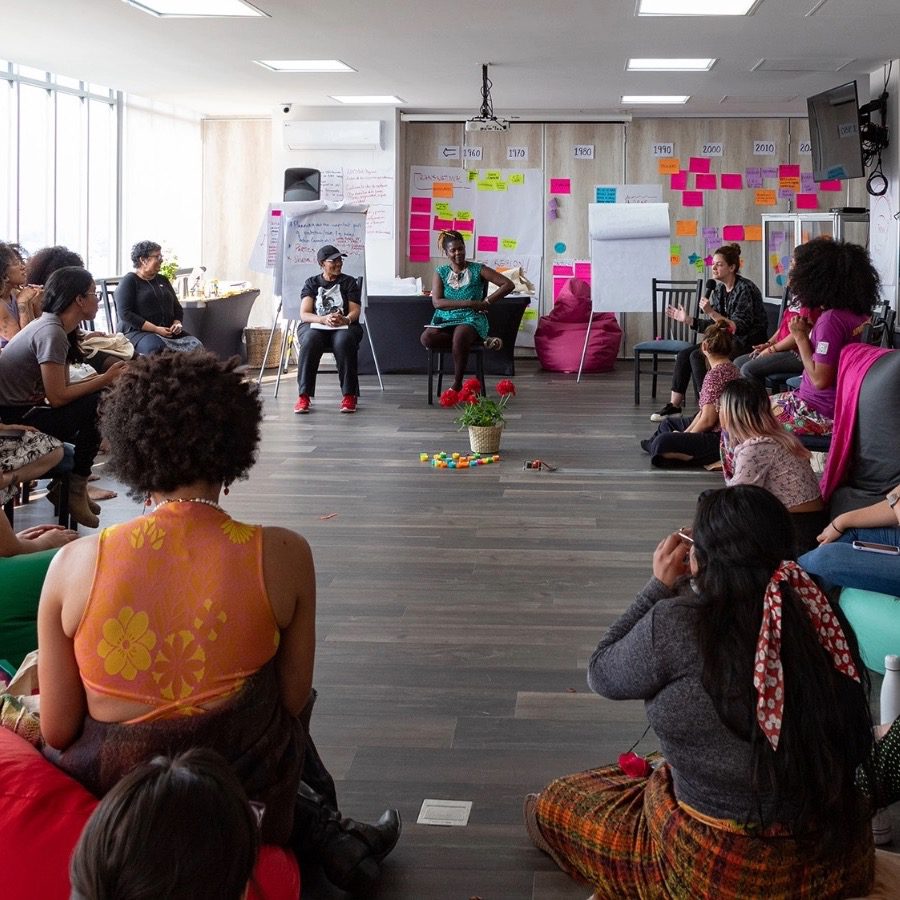
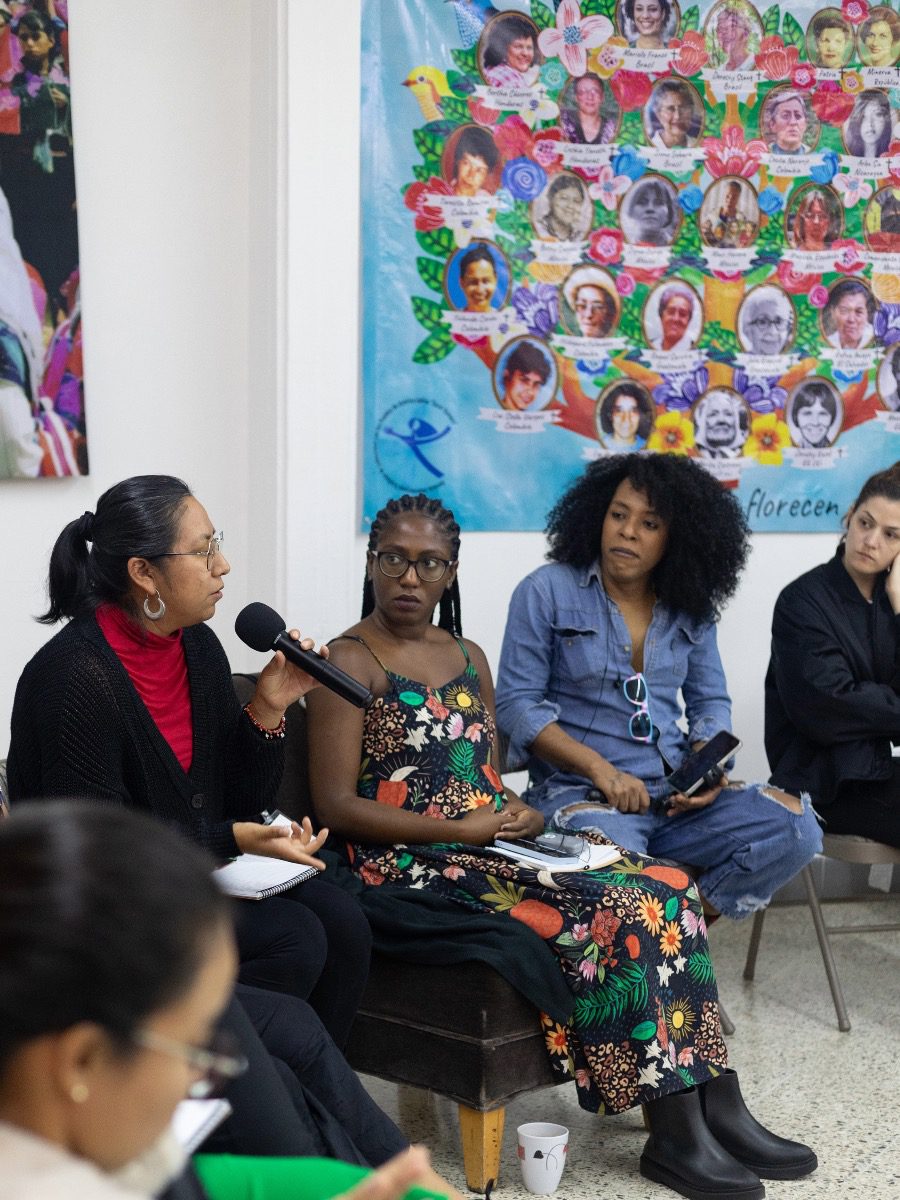
Well, my observation is that we stay in contact, and this becomes a formalized transnational network that seeks to exert influence and act globally from our contexts for the purpose of the fight for racial and gender justice. In addition to that, I would like to have the support of the facilitators when I want to replicate this training in my home base, because this knowledge is important and must be replicated.
We are thinking about opening spaces for pondering organizational strategies and ways to sustain our processes, including a small school for the collective and perhaps other collectives in the region. I wish we could invite one of you to a workshop (or several) to address issues of anti-racism, anti-colonialism, and feminisms.
